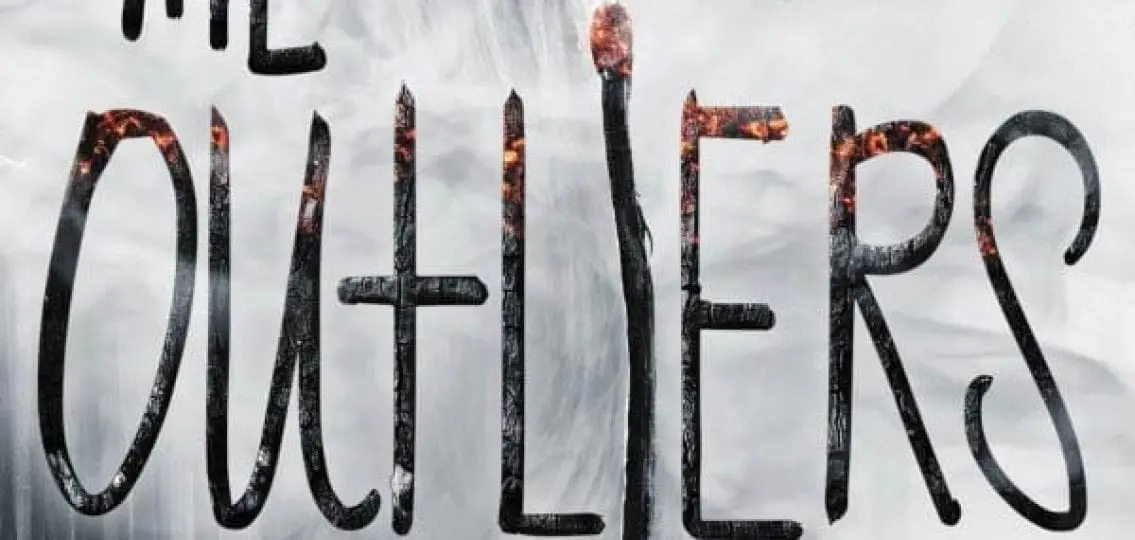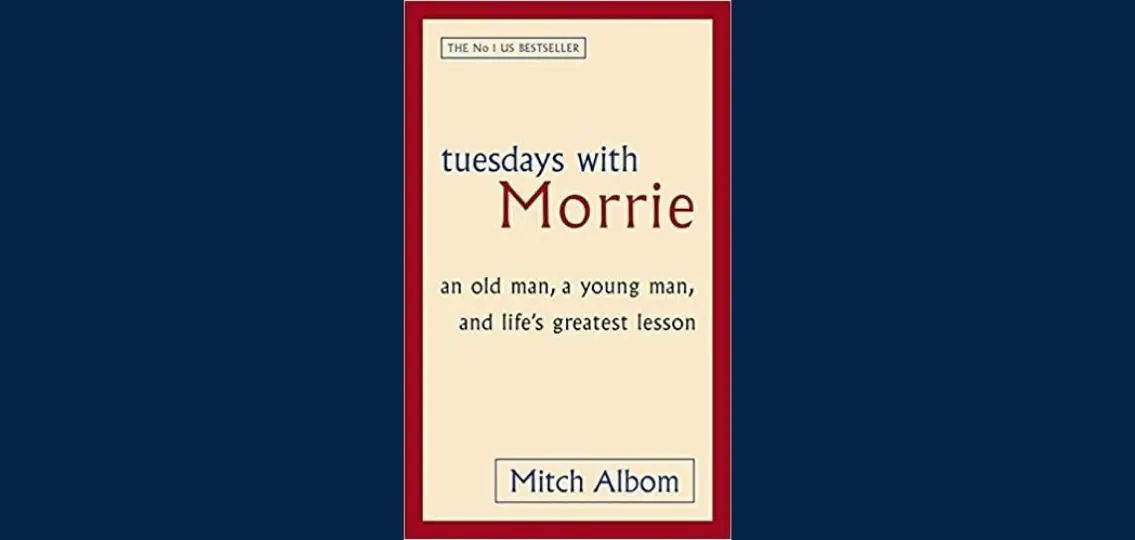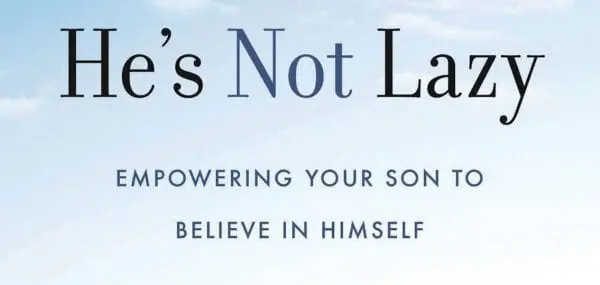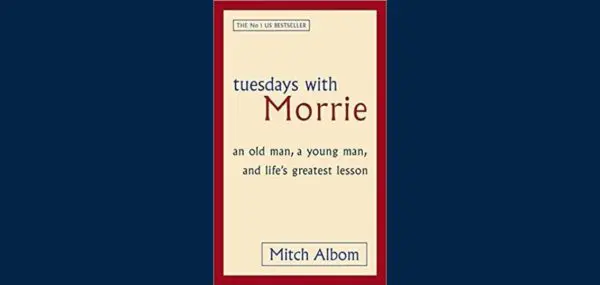TEEN REVIEW | by Alexis Weeren
Before reading Tuesdays with Morrie, I hadn’t read anything by Mitch Albom. Actually, I hadn’t read much non-fiction (at least not much that wasn’t in a textbook), so I wasn’t sure what to expect.

But the story drew me in very quickly. Mitch Albom spent each Tuesday with Morrie, his former professor, who was very ill. As I read about these visits, I realized that this book was really about how we spend our time.
Teenagers often think they have all the time in the world. We focus on things that benefit mostly ourselves: enjoying our favorite hobbies, spending time with our friends, and trying to get into a good college. Even our community service can be more beneficial to us than to those we are meant to be helping. But this book reminded me that time is precious, and we ought to pay more attention to how we choose to spend it.
Albom had taken his relationship with his favorite professor for granted, assuming he would always be around. It wasn’t until he saw a news story featuring Morrie that Albom realized his mentor was not only sick, but dying. He decided to visit Morrie and ended up getting the most important lessons of his life.
In the book, Morrie says, “Love is the only rational answer.” That really resonated with me. He also says, “The most important thing in life is to learn how to give out love, and to let it come in.” These statements reminded me of the importance of how we treat each other. As Morrie says, “Love Wins.”
Albom says that the thing he misses most about Morrie is his “belief in humanity.” It seems like Morrie took nothing for granted. He loved people fully and gave them his undivided attention.
This book’s message has really stayed with me. I pay more attention to the moments and people in front of me. I enjoyed Tuesdays with Morrie so much that I went on to read several of Mitch Albom’s other books. Each one has been better than the one before it.
PARENT REVIEW | by Ellen Weeren
Imagine counting your breaths to figure out how much life you have left in you. A healthy adult can exhale while counting to about 70. A dying man may not be able to get much past 15. That is one of the many things Mitch Albom learned on his Tuesday visits with his former professor Morrie, who had been diagnosed with ALS.
I’ve unfortunately watched more than one person I love suffer through a terminal illness. It’s hard, partly because there really isn’t anything you can do to help them and partly because you can’t truly imagine what they are going through. It’s difficult to get a firm grasp on what “the end” feels and looks like.
Tuesdays with Morrie gives a glimpse into that world. Morrie shares with Albom that “ALS is like a lit candle: it melts your nerves and leaves your body a pile of wax.”
Throughout the book, Morrie shares many valuable insights. One of his philosophies is, “Accept what you are able to do and what you are not able to do. Accept the past as past, without denying it or discarding it.”
Morrie admits to crying about his situation, but only allowing himself a few moments each day to lament. Then he turned his attention to the people and activities he loved most, often giving comfort to those who visited him rather than receiving it.
People might stay away from sharing this book with younger readers. On the surface it seems to be only about death. But it’s truly about living. Morrie says, “Dying is only one thing to be sad over, Mitch. Living unhappily is something else.”
The question of Morrie’s that sticks with me the most is, “Are you trying to be as human as you can be?”
Sometimes it feels easier, and safer, to be quick with our words and reserved with our kindness. Tuesdays with Morrie reminds us to slow down and appreciate each other. Morrie cautions that at the end of our lives, we will miss our relationships with people the most. They will matter much more than the things that seem so important to us. People are always worthy of our time and energy.




